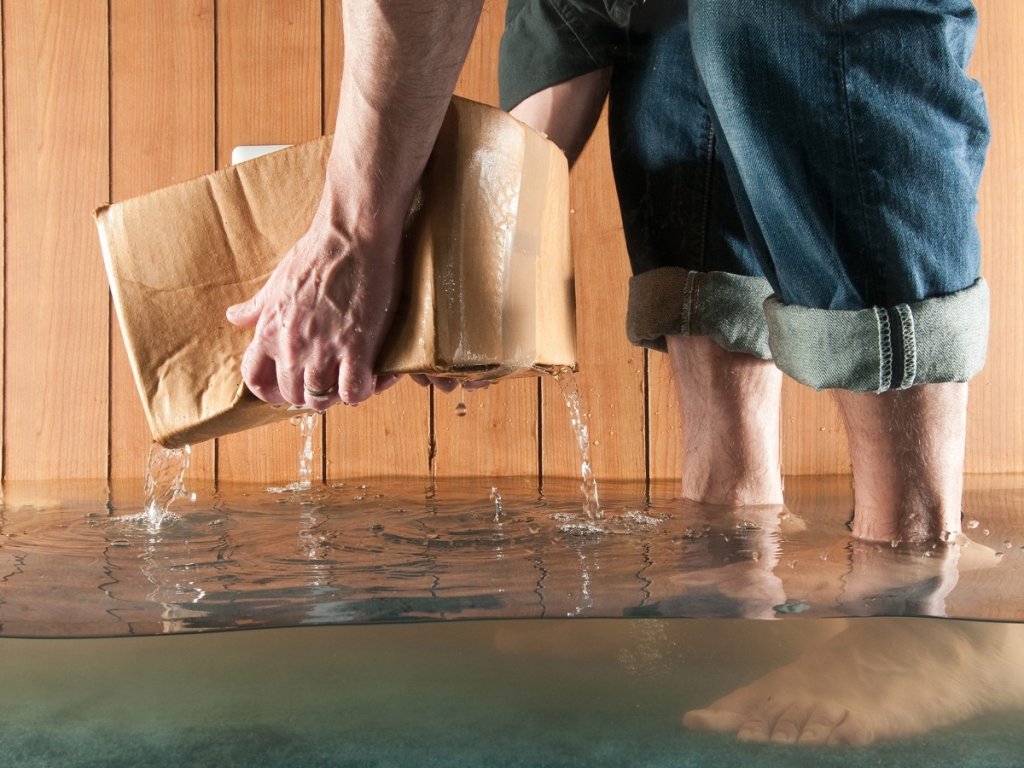Due to their location and the architecture of many homes, basements are prone to flooding. This means basements can flood outside of the normal seasons like snow or rain. How does basement flooding occur and how can you prevent it?
What Causes Basement Flooding?
A flooded basement can be a pain to work around. Finding out the cause of flooding can help manage it and prevent basement floods. What are the most common reasons why basements flood?
Poor Sealing on Either the Floor or The Walls
During home construction, installation should be done properly whether be it the wood panelling or the garden fence, or else they will be the gateway towards flooding. In areas where there are many hurricanes, poorly done sealing jobs can lead to a watery situation in your basement.
Poor Work on Drainage Systems
Drainages are meant to channel the bad or used water out of the home into a designated area. However, if they are done poorly or they fail, usually in the basement, this could lead to flooding. To fix this situation, clear out your drainage systems annually and make a mental note of any leakages and have them fixed or handled as soon as you can. This can go a long way in ensuring your drainage system does not ruin your house.
Too Much Debris in The Gutters
Gutters channel a lot of rain, hurricane, and stormwater onto drainage. However, if you do not clear out the debris often, the excess water from the storm will end up in your basement. This happens when the water pools and streams down your walls into your basement or overflows, pools on the ground and seeps in through the basement window or cracks into the basement. To fix this, clear out your gutters regularly to avoid clogging or blockage.
Issues With the Hot Water Tank, The Sump Pump, Or the Water Supply Line
In most homes or households, either all or one of those three are located in the basement. When one or all of these have an issue that is not fixed, basement flooding is very likely to occur. Regular maintenance of this equipment will help keep them useful and reduce the chances of basement flooding.
The Location of Your House
If the land your house is built on does not slope away from the building, water will settle in the house area, probably in the basement. In such a situation, there are a lot more technicalities involved in fixing this specific situation, so you might want to consult with your architect or contractor to advise on the best way forward.
Your basement is probably the first room above your foundation, and not taking good care of it could lead to some pretty bad damage. Being in close contact with trusted experts like 58 Foundations can help maintain a clear basement, determine any issues and fix them before they cause basement flooding. You should also carry out frequent inspections around your basement. Note any wet patches, leaks, or mold, which are usually signs of water damage, and work on them before they balloon.

